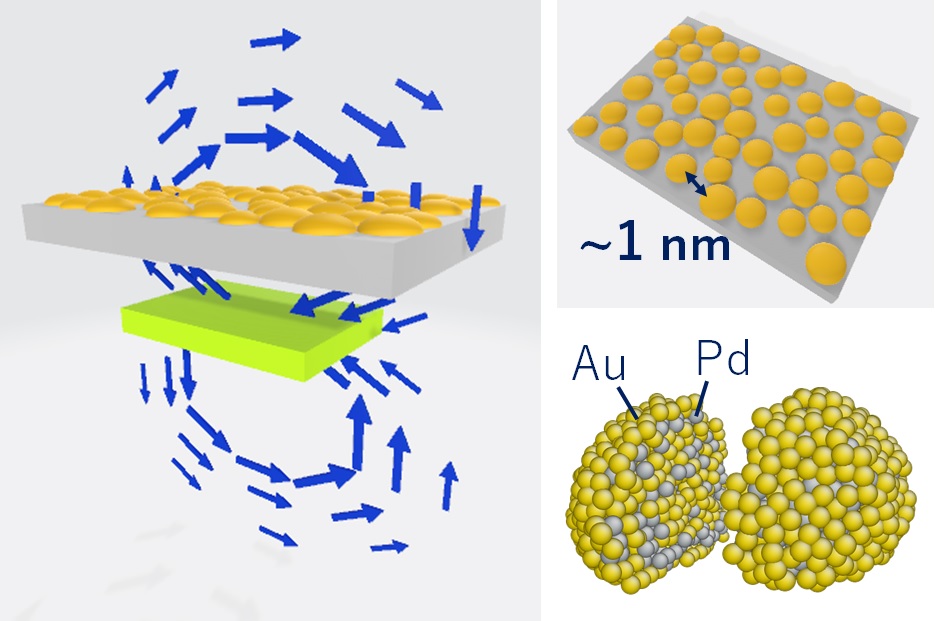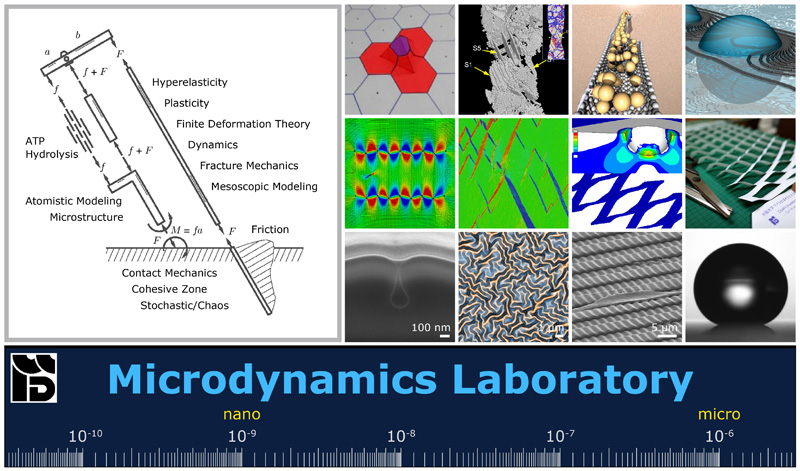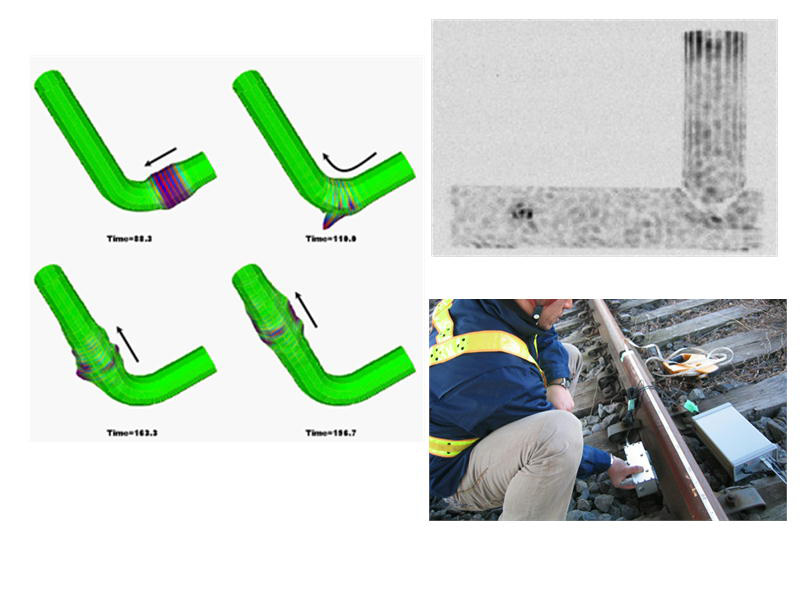Multiscale Transport Phenomena Subarea
In our laboratory, we aim to solve real-world problems by gaining an understanding of the underlying mechanisms that cause changes in the electrical, optical, and magnetic properties of materials when they undergo deformation or phase transitions. Based on our findings, we are trying to create nanostructures with adjustable electrical resistance in response to deformation, as well as highly sensitive hydrogen gas and molecular sensors. These developments will contribute to the creation of sustainable societies.

Establishment of computational theory and methodology of multiscale dynamics for microscopic open systems, which incorporates surrounding environmental effects to isolated systems.

Based on analytical studies of elastic wave and ultrasonic wave in solid media, new material evaluation technique and sensing technique have been developed. In particular, studies on guided wave propagating in plate-like structures range from research of new calculation technique to development of advanced non-contact vibration measurements such as laser ultrasonics and air-coupled ultrasonics.

Top